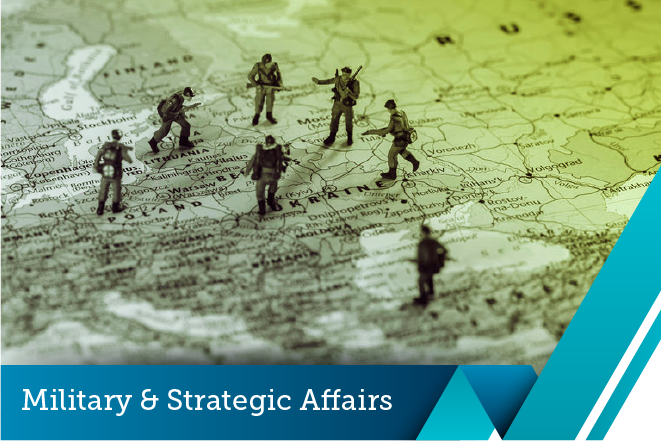Publications
Military and Strategic Affairs, Volume 7, No. 1, March 2015

The turmoil that has beset the Middle East since December 2010 deepened the instability and surfaced various conflicts and tensions that have been characteristic of the region throughout history. These events reveal the importance of non-state actors in the Middle East and give rise to the need to rethink “facts,” terms, and concepts connected to the phenomenon of the nation-state, practically and theoretically. Although non-state actors are not new in the global or Middle Eastern political landscape, it is evident that the theoretical and practical discussion, with its political, military, legal, and international aspects, has remained largely “state” in a way that allows little room for a thorough understanding of non-state phenomena. The purpose of this article is to discuss developments in the Middle East, with an emphasis on the actions of non-state actors as significant shapers of regional processes, while discussing the validity of theories and conceptualizations in international relations for an analysis of existing non-state phenomena. The discussion will involve an analysis of two test cases: Hizbollah and the Islamic State (ISIS).
The opinions expressed in INSS publications are the authors’ alone.
Publication Series Military and Strategic Affairs


